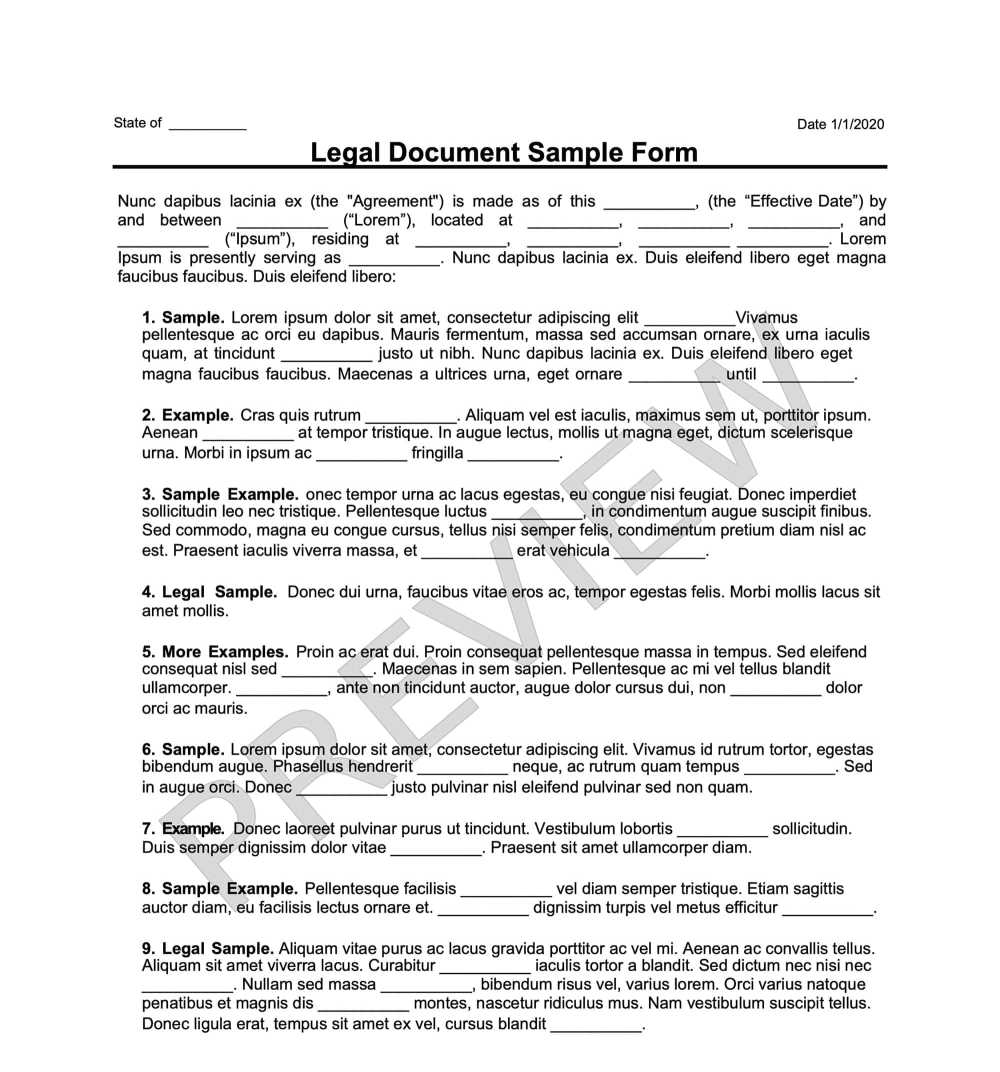

Frequently Asked Questions
Any corporate action that’s voted on in a meeting of the board of directors of a corporation. Typically, it takes the form of a legal document but may be part of a broader document, such as a Shareholders' Organizational Meeting. A common corporate resolution is the authorization of specific individuals to act on behalf of the corporation in legal and financial matters.
In certain states, keeping accurate records of corporate meetings is required by law. Moreover, accurately drafted meeting minutes serve to separate the legal entity status of a corporation from its shareholders and protect them from liability. And, government authorities may use corporate minutes to corroborate that a corporation is acting as a legal entity rather than an individual or group of individuals in their own interest.
S-corporations are governed by state laws similar to those that govern other types of corporations. Some states require corporations to hold shareholders’ meetings on a regular schedule and keep a record of those meetings. Even if you are the sole owner of a corporation, you may be expected to document shareholders’ meetings.
Any member, director, or officer of the relevant corporation is entitled to request a copy for the Shareholders' Organizational Meeting. Moreover, certain state and federal authorities may request a copy of the document and failure to provide it could result in legal action against the corporation.





